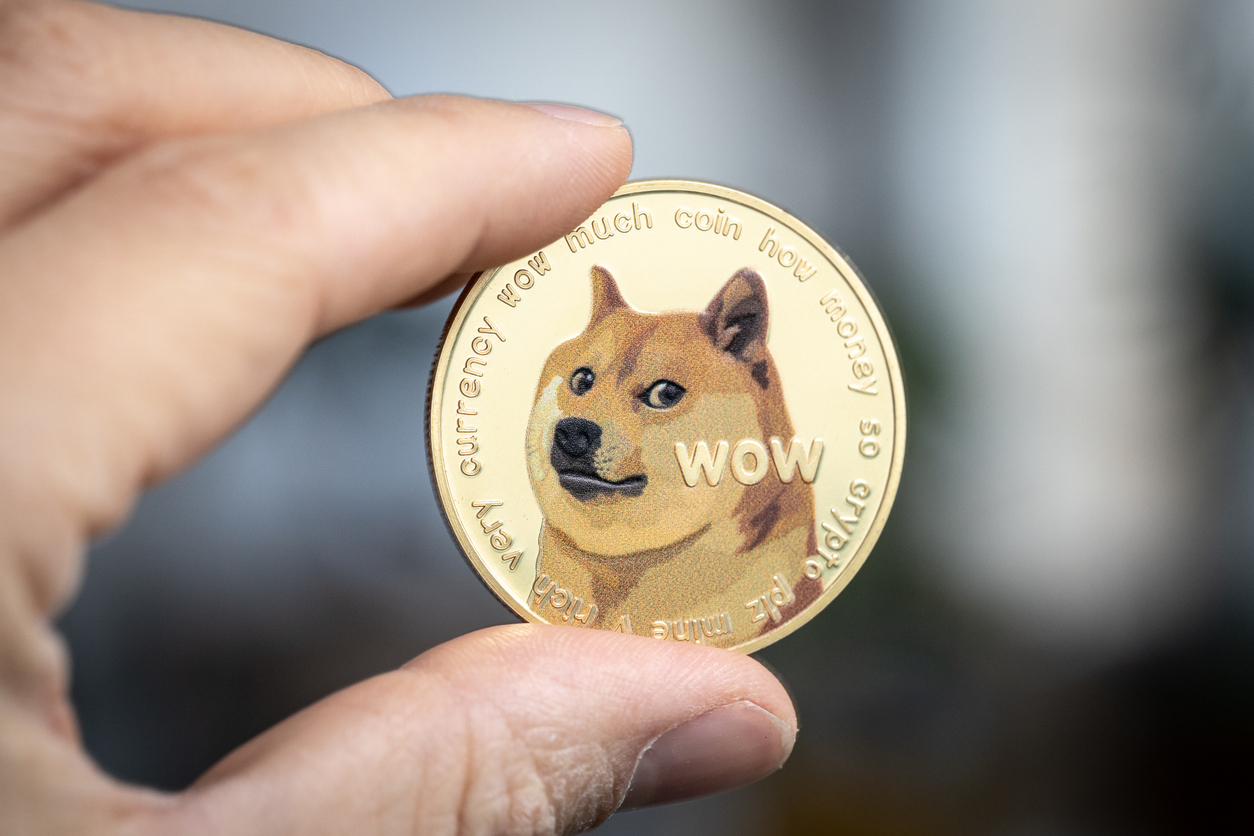
The Security Challenges of Dogecoin and How to Mitigate Them
Dogecoin, originally created as a light-hearted meme-based cryptocurrency, has indeed gained significant attention and popularity among investors worldwide. However, like any other cryptocurrency, it is important to be aware of the security challenges associated with Dogecoin and take necessary measures to mitigate them.
Lack of Regulation
One of the major challenges facing Dogecoin is the lack of regulation. As a decentralized currency, there is no central authority that oversees its transactions.
This makes it difficult to protect users from fraudulent activities such as hacking and theft. It is, therefore, important for investors to exercise caution when investing in Dogecoin.
Cybersecurity Risks
Another major security challenge facing Dogecoin is cybersecurity risks. With the growing popularity of cryptocurrencies, hackers have become increasingly interested in targeting digital wallets and exchanges. This poses a serious threat to Dogecoin users as they risk losing their investments to cybercriminals.
To mitigate these risks, investors should take steps to secure their digital wallets. This includes using strong passwords, enabling two-factor authentication, and keeping their private keys secure. Investors should also be wary of phishing scams and suspicious emails that may compromise their personal information.
Volatility
Volatility is a statistical measure of the dispersion of returns for a given financial instrument or market index. It represents the degree of variation or fluctuation in the price or value of an asset over a specific period of time. In general, higher volatility indicates greater uncertainty and potential for larger price swings, while lower volatility suggests a more stable and predictable market.
To mitigate this risk, investors should diversify their portfolios and avoid investing all their money in Dogecoin. They should also keep a close eye on market trends and news that may impact the value of the currency.
Lack of Acceptance
Although Dogecoin has gained significant popularity in recent years, it is still not widely accepted as a form of payment. This limits its usability and makes it difficult for investors to realize their investments. As such, investors should be aware of the limited acceptance of Dogecoin and should consider alternative investments that have wider acceptance.
Conclusion
Dogecoin is a promising cryptocurrency that offers many benefits to investors. However, it is important to be aware of the security challenges facing the currency and to take steps to mitigate these risks. By exercising caution, securing digital wallets, diversifying portfolios, and keeping a close eye on market trends, investors can reduce the risks associated with investing in Dogecoin.
